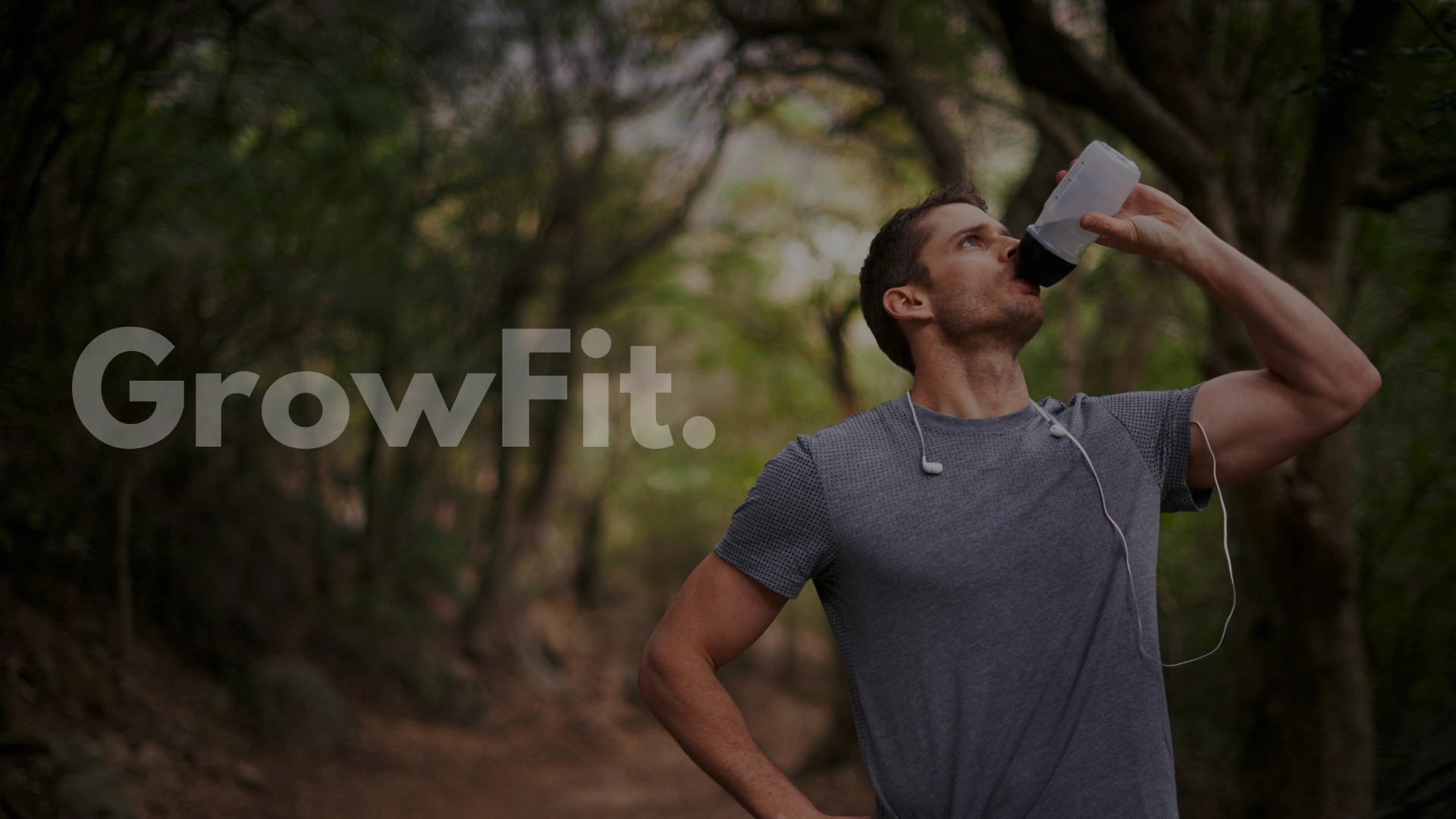Introduction
Water is often overlooked as a key factor in fitness, yet proper hydration is crucial for workout performance, muscle recovery, and overall health. Whether you’re lifting weights, running, or engaging in high-intensity training, staying hydrated ensures that your body functions at its best.
But how does hydration impact exercise?
Hydration and workout performance are directly linked to endurance and energy levels
Prevents muscle cramps and fatigue through proper fluid balance
Regulates body temperature for optimal workout performance
Enhances recovery and reduces post-workout soreness
In this blog, we’ll explore the science behind hydration and workout performance, how dehydration affects fitness goals, and the best hydration strategies for athletes.
1. Why Hydration is Essential for Workout Performance
Your body is made up of 60-70% water, and every physiological function—including muscle contractions, oxygen transport, and metabolism—depends on hydration.
Key Benefits of Staying Hydrated During Exercise
Improves Strength and Stamina – Water transports nutrients and oxygen to muscles, keeping them strong and improving hydration and workout performance.
Regulates Body Temperature – Prevents overheating and excessive sweating, maintaining overall performance.
Enhances Energy Levels – Dehydration leads to fatigue, dizziness, and slower reaction times, negatively impacting hydration and workout performance.
Boosts Recovery – Hydration aids in flushing out toxins and repairing muscle tissue post-workout.
Read about how hydration improves muscle recovery.
Learn more from Harvard Health on hydration and exercise.
2. How Dehydration Affects Fitness Performance
When you’re dehydrated, your body struggles to function efficiently. Even a 1-2% loss in body fluids can negatively impact hydration and workout performance, including intensity, endurance, and recovery.
Common Signs of Dehydration During Workouts
Increased Fatigue – Dehydration reduces energy production, making workouts feel harder and lowering hydration and workout performance.
Muscle Cramps – Lack of fluids causes electrolyte imbalances, leading to painful muscle cramps that disrupt hydration and workout performance.
Dizziness and Weakness – Low hydration affects blood pressure and circulation, reducing strength and impairing hydration and workout performance.
Slower Recovery – Inadequate hydration delays muscle repair and increases soreness, directly impacting hydration and workout performance.
Discover the best post-workout recovery strategies.
Check out ACE Fitness research on dehydration and performance.
3. How Much Water Do You Need? Hydration Guidelines for Athletes
General Hydration Recommendations
Before Exercise: Drink 16-20 oz (500-600 ml) of water 2-3 hours before workouts.
During Exercise: Sip 7-10 oz (200-300 ml) every 15-20 minutes to maintain hydration and workout performance.
After Exercise: Replenish 16-24 oz (500-750 ml) per pound of sweat lost to support hydration and workout performance.
💡 Pro Tip: Weigh yourself before and after workouts to determine how much water weight you’ve lost and replenish accordingly.
Learn about nutrition for muscle recovery.
4. Water vs. Sports Drinks: Which is Better?
Both water and sports drinks play a role in hydration, but when should you choose one over the other for better hydration and workout performance?
When to Drink Water:
For low-to-moderate workouts (walking, yoga, light strength training).
When working out for less than 60 minutes.
To stay hydrated throughout the day to maintain hydration and workout performance.
When to Choose Sports Drinks:
During intense, prolonged workouts (HIIT, marathon training, heavy lifting).
When sweating excessively to replenish electrolytes (sodium, potassium, magnesium).
For endurance sports exceeding 90 minutes where hydration and workout performance can be compromised.
Read more about electrolyte balance and hydration.
Conclusion: Hydration is the Key to Peak Performance
Hydration and workout performance go hand in hand. Whether you’re lifting weights, running, or practicing yoga, staying hydrated boosts endurance, prevents cramps, and speeds up muscle recovery.
Final Takeaways:
✔️ Drink enough water before, during, and after workouts.
✔️ Monitor hydration levels to avoid fatigue and injuries.
✔️ Use sports drinks for prolonged, intense exercise.
✔️ Eat hydrating foods and avoid excessive caffeine/alcohol.
Start prioritizing hydration and workout performance today! For more fitness tips, explore GrowFit Blogs! 🚀
FAQs
1. How does hydration affect workout performance?
Hydration improves endurance, regulates body temperature, and reduces muscle cramps, keeping workouts effective.
2. How much water should I drink daily for fitness?
Most people need 2-3 liters daily, but athletes may require 4 liters or more, depending on sweat loss.
3. Can dehydration cause muscle cramps?
Yes! Low hydration and electrolyte imbalances increase cramping and muscle fatigue.
4. Is drinking too much water dangerous?
Yes! Overhydration can dilute sodium levels, causing nausea, confusion, and weakness.
5. Should I drink water before working out?
Absolutely! Drinking 16-20 oz of water before exercise helps maintain hydration and endurance.
6. Are sports drinks better than water?
For short workouts, water is enough. For intense or prolonged workouts, sports drinks replenish electrolytes.
7. How do I know if I’m dehydrated?
Signs include dark urine, dizziness, fatigue, headaches, and dry skin.
8. What foods help with hydration?
Fruits and veggies like watermelon, oranges, cucumbers, and celery keep you hydrated.
9. Does coffee dehydrate you?
In excess, yes. Caffeine is a diuretic, meaning it can increase fluid loss.
10. How can I hydrate quickly after a workout?
Drink water + electrolytes and eat hydrating foods like watermelon or coconut water.

